About Us
Who We Are
Simplifying Government Processes & Operations with Innovative Solutions
Duwel Dev helps businesses and agencies work smarter with real-world insights and workflow automation.
Since 2020, we have supported 750+ businesses win over $1B in government contracts—faster and more efficiently. Now, we’re expanding beyond strategy and training to deliver custom technology solutions that streamline procurement, compliance, and contract management for contractors and agencies.
Whether you need to improve efficiency, automate processes, or scale operations, we provide the tools and strategies to make it happen.
🎙️ Catch the GovConHacks Podcast live on YouTube every other Thursday at 7 PM ET!
Sign Up to Join Our Free Community
Be the first to hear about industry updates and workflow optimization strategies and receive exclusive access to our resources, special promotions, live events, and more. Sign up now—our community is free forever!
Who We Help
For-Profit Businesses
We help established businesses and start-ups diversify revenue streams, expand into government contracting, and streamline operations for growth. Whether you’re a small business or ‘other than small,’ our solutions enhance procurement readiness, improve efficiency, and increase contract wins while better managing your relationships. With our team on board, your business development efforts become more effective, allowing you to secure more work with less hassle.
Non-Profits & NGOs
Non-profits and NGOs face unique challenges, from limited staffing to complex grant and knowledge management. We offer tailored support, including training, registration, and operational optimization. We aim to help your organization focus on its mission while enhancing efficiency and scalability.
Government Agencies
We provide government agencies with tailored solutions that improve operational efficiency. Our tailored integrated solutions simplify complex processes, enhance contract management, and reduce costs—helping teams work smarter and achieve more with limited resources.
By partnering with us, you’ll gain access to a support team to help you work more efficiently and implement monday.com seamlessly, ensuring your organization stays competitive and ready for growth.
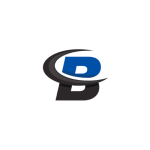
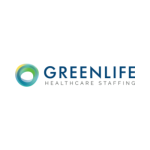

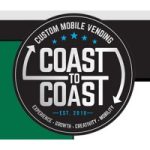
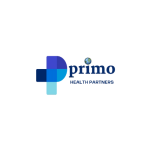

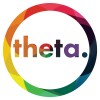

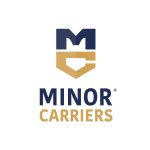
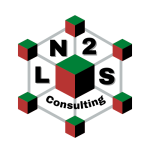

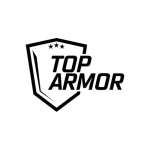
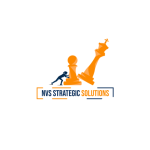
How We Help
Post-Award Project Management
Optimize contract execution with automated workflows, resource planning, and real-time tracking, ensuring projects stay on time and within budget.
Pipeline & Proposal Management
Streamline your entire business development process—from opportunity identification to proposal submission—while enhancing win probability with data-driven insights.
Compliance Management & Reporting
Stay audit-ready with robust compliance tools that simplify federal and SLED reporting requirements, including subcontracting plans and performance metrics.
Procurement Readiness
Align your operations, improve documentation, manage your certifications, and enhance your readiness to bid on opportunities to build a solid foundation for government contracting success.
Tracking Systems
Implement tailored systems, including Applicant Tracking Systems (ATS), Event Management Systems (EMS), and resource management tools, to enhance efficiency in overall project and event execution.
Proven Results
30% Faster Onboarding
Streamline hiring and subcontractor management.
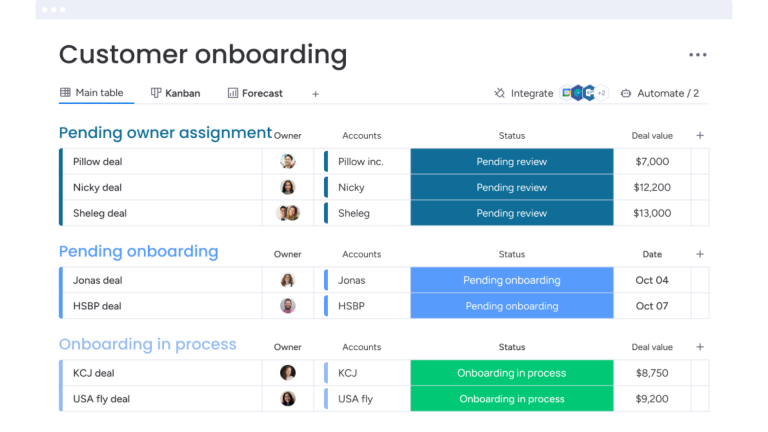
Smarter Bid Strategy
Enhance your opportunity qualification process.
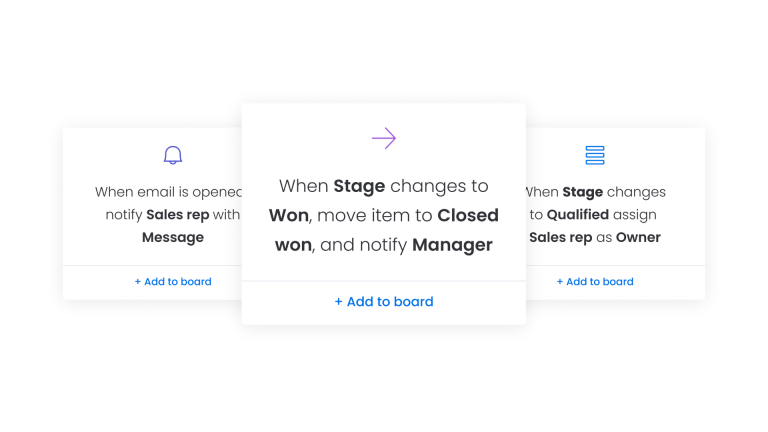
Seamless
Integration
Connect with HigherGov other bid source systems and automate your sales pipeline.
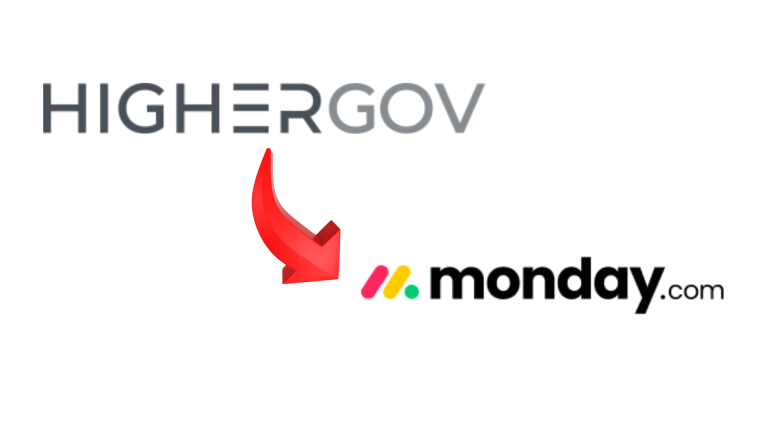
Contact Information
3282 Darlington Road
Holiday, FL 34691
(844) 220-7029
[email protected]
Resources
- GovCon Events
- Community Facebook Groups
- Strategy Session
- YouTube Videos
- Terms & Conditions
- Podcast
- Privacy Policy
Services
- Capability Statements
- Coaching
- Government Landing Page
- Marketing Assets
- Monday.com Dev
- Procurement Readiness

Copyright © 2020-2023
GovConHacks is Founded & Sponsored by Duwel Dev, LLC and Partners
All Rights Reserved



